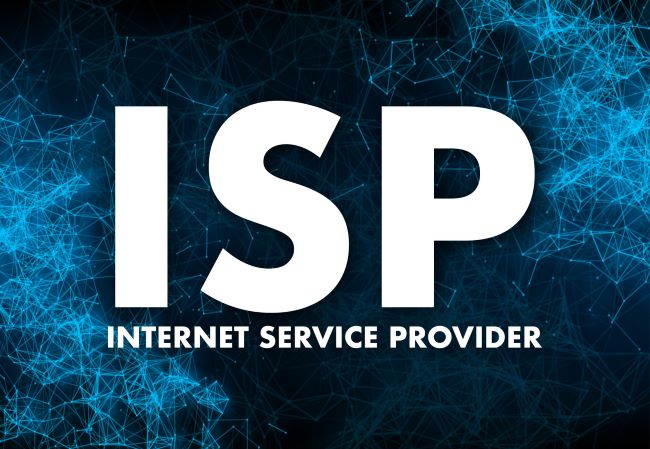 The Association of Telecommunications Companies of Nigeria (ATCON) on Thursday said smaller Internet Service Providers (ISPs) would drive broadband penetration in rural Nigeria using the unlicensed 6GHz WiFi-6 spectrum.
The Association of Telecommunications Companies of Nigeria (ATCON) on Thursday said smaller Internet Service Providers (ISPs) would drive broadband penetration in rural Nigeria using the unlicensed 6GHz WiFi-6 spectrum.
Mr Tony Emoekpere, ATCON President, said this during a Stakeholders’ Consultative Forum on Emerging Technologies organised by the Nigerian Communications Commission (NCC) in Lagos.
Emoekpere said the development was expected to bridge the digital divide, promote inclusion and affordable broadband services in underserved communities.
NCC moves to harness 6GHz spectrum to address growing broadband
He, however, said affordability should remain a key concern, adding that consumer protection policies must accompany technological advances to avoid creating or widening digital divides.
“The expansion of WiFi-6, in particular, holds a distinct advantage for small and medium sized ISPs, who cannot leverage the unlicensed 6GHz spectrum to offer affordable broadband services to communities that might otherwise be left behind.
“This aligns with the government’s objective of increasing broadband penetration and ensuring that every Nigerian, no matter their location, has access to reliable internet services.
“The 6GHz band represents a critical asset for future telecommunications growth, especially as demand for high-speed connectivity skyrockets,” the ATCON boss said.
Emoekpere noted that elective spectrum allocation policies would, however, determine how well the sector could meet the increasing bandwidth needs of both consumers and businesses.
He said that while WiFi-6 had great potential for improving local connectivity, it was necessary to balance the needs of unlicensed use (WiFi-6) with the equally important licensed spectrum needed for International Mobile Telecommunications (IMT).
“There is an ongoing debate about how to approach this balance. In some regions, such as the United States, the entire 6GHz band has been allocated for WiFi.
“This is while other regions are considering dividing the band, using the lower portion for WiFi and reserving the upper portion for IMT.
“However, IMT equipment development for the upper 6GHz band is still in its early stages, which presents a challenge.
“Some stakeholders have suggested adopting a hybrid approach, where the upper band is used for both IMT and WiFi until IMT equipment fully matures,” he said.
The ATCON president said the approach would allow for the flexible use of the spectrum while avoiding delays in maximising its benefits.
He said that deploying services on the 6GHz band would require significant investments in upgrading infrastructure, both for mobile networks and WiFi systems.
He noted that telecoms operators and Internet Service Providers (ISPs) must have the capacity to absorb the new technology.
Emoekpere said policies that fostered public-private partnerships, reduced Right of Way (RoW) charges and simplified regulatory hurdles would be critical to achieving the infrastructure expansion necessary for a successful deployment.
Speaking on consumer benefits and digital inclusion, he said one of the most exciting promises of WiFi-6 and IMT deployment was its potential to bring high-speed, low-latency internet to underserved and rural areas.
The ATCON boss, however, said it was necessary to ensure that the regulatory framework fostered inclusive access and equitable distribution of this technology.
On global alignment and harmonisation, he said the 6GHz band was being considered globally for IMT and WiFi-6 deployment.
Emoekpere added that, as Nigeria sought to leverage the spectrum, policies must be aligned with international standards and best practices.
According to him, this will facilitate the adoption of globally compatible technologies, fostering trade, collaboration and innovation.
“We must also anticipate future developments and ensure that our regulatory frameworks are flexible enough to adapt to the fast-changing landscape of emerging technologies.
“This will enable us to remain competitive in the global digital economy,” he said.
Emoekpere said that the forum offered a significant opportunity to advance Nigeria’s position in the world of emerging technologies.
He said as stakeholders, it was their shared responsibility to ensure that the decisions made at the forum benefitted not only the industry, but also the people of Nigeria.
He stressed that it would be beneficial by enabling greater connectivity, more inclusive growth and enhanced digital innovation.






















